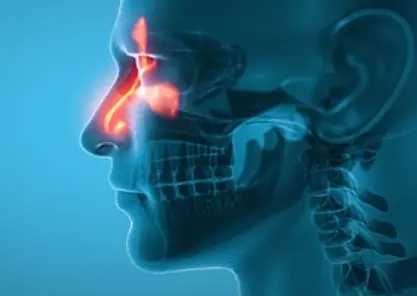 Welcome
Welcome
“May all be happy, may all be healed, may all be at peace and may no one ever suffer."
- A
- B
- C
- D
- E
- F
- G
- H
- I
- J
- K
- L
- M
- N
- O
- P
- Q
- R
- S
- T
- U
- V
- W
- X
- Y
- Z
Major depressive disorder - Generics
Major depressive disorder (MDD), also known as clinical depression, is a mental health condition characterized by persistent feelings of sadness, hopelessness, and worthlessness, as well as a loss of interest in activities that were once enjoyable. The symptoms of MDD can affect a person's daily life and may last for weeks, months, or even years.
Symptoms of MDD may include:
- Persistent feelings of sadness, hopelessness, or worthlessness
- Loss of interest or pleasure in activities once enjoyed
- Significant changes in appetite and weight
- Insomnia or oversleeping
- Fatigue or loss of energy
- Feelings of guilt or worthlessness
- Difficulty concentrating, making decisions, or remembering things
- Recurrent thoughts of death or suicide
Treatment for MDD usually involves a combination of medication and psychotherapy, although the specific treatment plan may vary depending on the individual's symptoms and circumstances. Antidepressant medications, such as selective serotonin reuptake inhibitors (SSRIs), are commonly prescribed to help alleviate symptoms of depression.
Psychotherapy, such as cognitive-behavioral therapy (CBT), can also be helpful in treating MDD by helping individuals identify negative patterns of thinking and behavior and learn strategies for coping with stress and difficult emotions.
Other treatment options for MDD may include lifestyle changes, such as regular exercise, healthy eating, and getting enough sleep. In severe cases, hospitalization may be necessary to ensure the individual's safety and provide round-the-clock support.
It is important to seek professional help if you or someone you know is experiencing symptoms of MDD. With proper treatment, most people with MDD can recover and regain a sense of well-being.

Cycloplegia

Melasma

Bradycardia

Nonspecific conjunctival...

Hepatic transplant reject...

Sinusitis

Unstable angina

Ascariasis
Major depressive disorder, মেজর ডিপ্রেসিভ ডিসঅর্ডার
To be happy, beautiful, healthy, wealthy, hale and long-lived stay with DM3S.